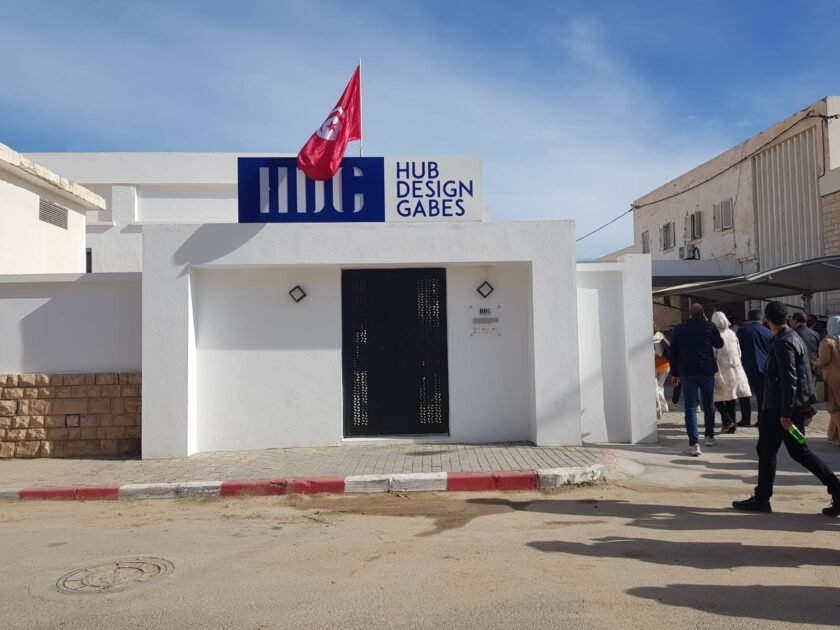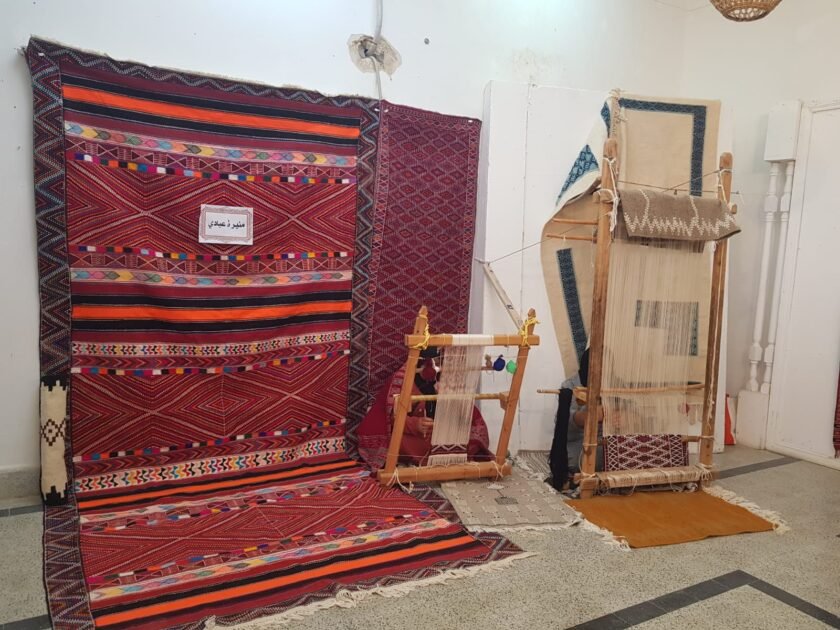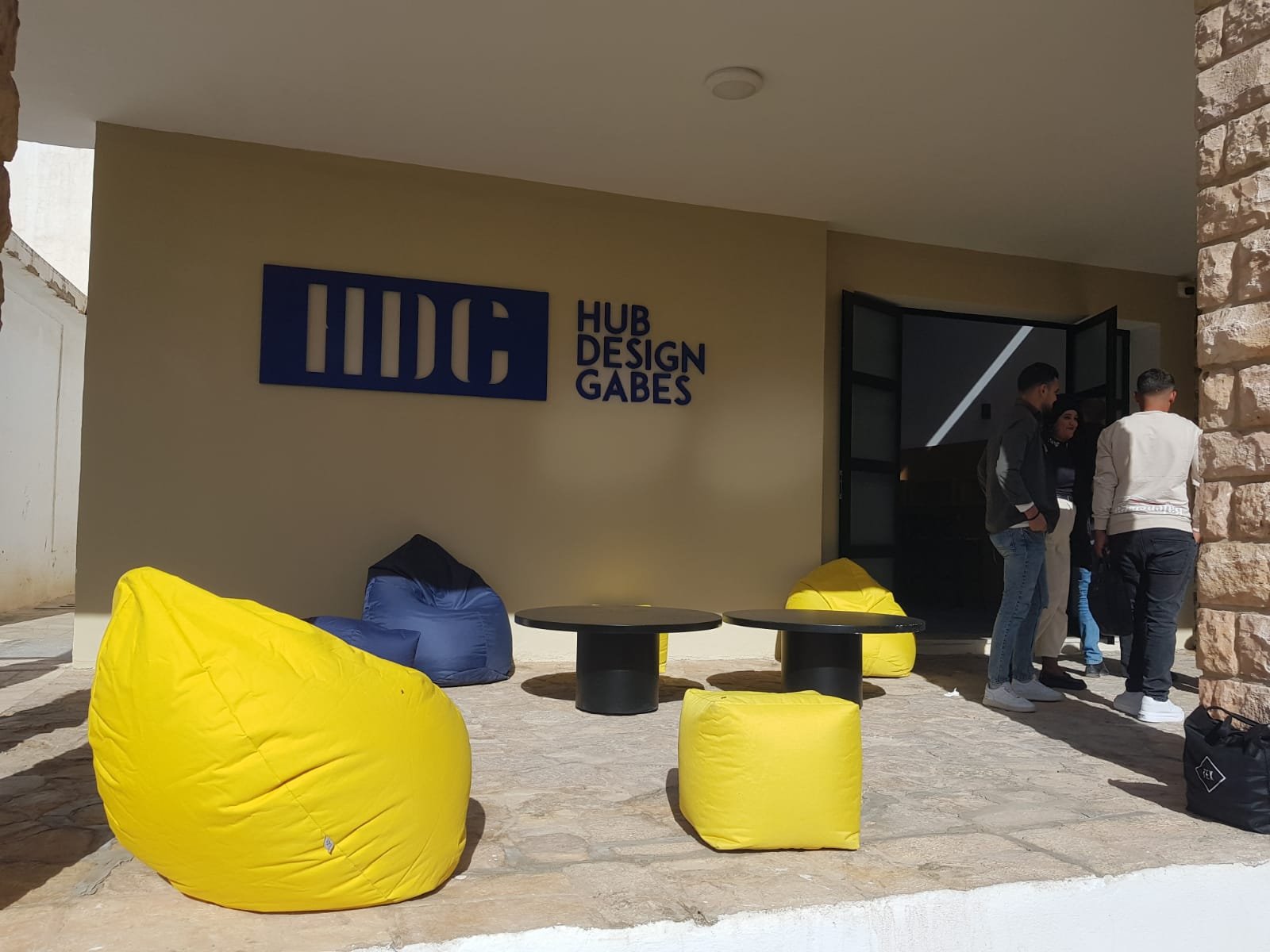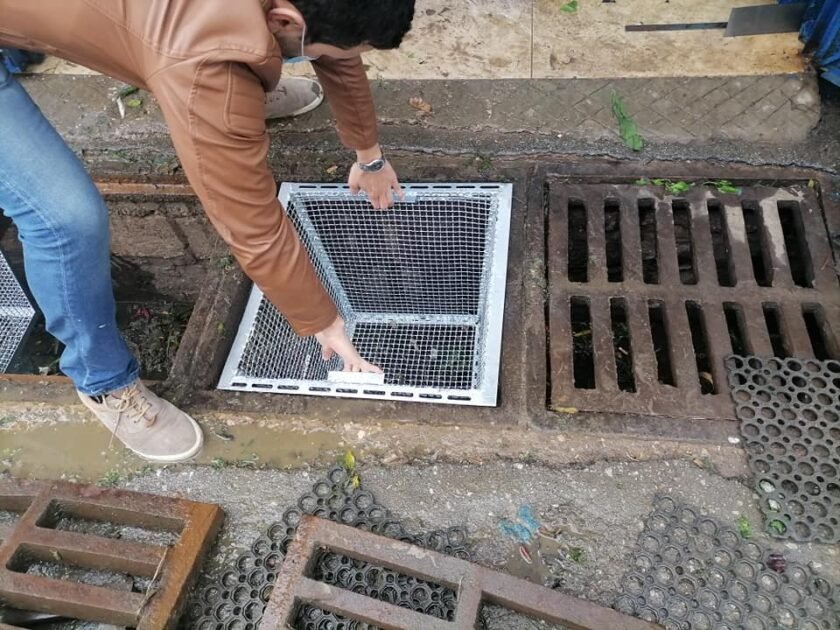Hub Design Centres are one of the most important spaces that the Ministry of Tourism, through the National Office for Handicrafts and various stakeholders, supported by the European Union, is betting on to create advanced and integrated spaces that provide Tunisian creative youth with opportunities to meet, value tangible and intangible heritage, and achieve sustainable development.
Tourism Minister Sofiane Tekaya inaugurated on Wednesday the Hub Design Centre in Gabes, the fifth of its kind after Nabeul, Sidi Bou Said, Denden, Nabeul and Mahdia, with Gafsa and Kasserine set to open in the coming days.
The inauguration of the centre, which coincided with the opening of the craft village in Gabes, took place in the presence of representatives of the parties involved and supporting this project, which is being implemented through the Creative Tunisia project within the framework of Tunisia Our Destination and in response to the national development plan that includes the establishment of a network of design centres for artisans, designers, students and new initiators in the traditional industries sector in different regions of the country.

Minister of Tourism Sofiane Tekaya said that this centre is a pioneering step in the development of traditional industries and creative crafts in Tunisia within the framework of developing value chains and encouraging integrated craft clusters. The project embodies an ambitious vision to promote innovation and creativity as a pillar for the development of artistic crafts and networking between designers, researchers, students of fine arts, training centres and various professionals.
For his part, Director General of Traditional Industries Faouzi Ben Halima said that these centres, which reflect an integrated vision of the pivotal role played by the traditional industries sector in the economic cycle at the national and regional levels, are the result of cooperation between the Tunisian state, the European Union, the Tunisian-Italian cooperation and the United Nations Industrial Development Organization (UNIDO).
// A project that meets the requirements of social inclusion and environmental protection
The activities of the United Nations Industrial Development Organisation (UNIDO) are based on three main axes: building a future in which industry plays a central role in creating economic opportunities, social inclusion and environmental protection, which is what Creative Tunisia is clearly doing, according to UNIDO representative in Tunisia, Saad Ben Hossein. The Gabes Centre responds to the objectives of the organisation, ensuring decent work opportunities, supporting sustainable development and developing skills.
‘Creative Tunisia’ is one of 11 projects supported by FAO in Tunisia that provide a direct response to the needs of professionals and investors and provide practical solutions and effective accompaniment, noting that since 2019, more than 3,000 people have enjoyed the project’s services and direct support.
// European support for the project remains subject to the sustainability of the centres
In his speech, Thomas Aschwanden, Head of EU Technical Cooperation in Tunisia, stressed the importance of disposing of these centres and ensuring their sustainability so that the EU can continue to support future generations of these centres.

He explained that the Creative Tunisia project is part of a larger EU-supported project, Tunisia Our Destination, which will come to an end in a few months, stressing that the Tunisian authorities will determine how to manage these centres and ensure their sustainability, and that this governance will be central to the EU’s continued support in the coming years.
‘We are aware of the importance of these projects for Tunisia to promote traditional industries, develop sustainable alternative tourism, valorise and diversify the tourism product by making it more sustainable and profitable, and valorise the tangible and intangible historical heritage,’ he said. He stressed that these projects, which Tunisia has embarked on, have achieved very encouraging results: for example, the production of Kafi kilims has doubled by 240 per cent, while textiles from the Sahel region have increased their exports by 120 per cent.
// Preserving and protecting heritage
This type of project plays an important role in encouraging youth to preserve and protect heritage by allowing them to create, innovate and generate wealth.
Italy’s Ambassador in Tunis Alessandro Brunas, emphasised in his speech that his country, which has a great historical and cultural heritage like Tunisia, has been able to value its heritage to the creative production system in Italy, which produces an annual turnover of 88.6 billion euros, or 5% of the national product, outside the fashion sector, which achieves a turnover of 100 billion euros annually.
The Italian ambassador emphasised that creativity and innovation in traditional industries and research into cultural heritage would build a better future for future generations.
In order to achieve all these objectives and facilitate the work of the centre, it has been equipped, like other centres, with meeting rooms, training rooms, specialised workshops for craft techniques, as well as product showrooms to facilitate meetings between artisans and designers.
TunisianMonitorOnline (Dhouha Talik – English: NejiMed)




